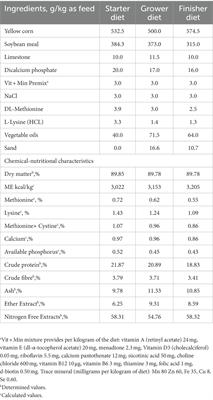EDITORIAL
Published on 18 Jul 2024
Editorial: Alternative and novel livestock feed: reducing environmental impact
doi 10.3389/fvets.2024.1441905
- 1,106 views
- 13 citations
8,914
Total downloads
45k
Total views and downloads
You will be redirected to our submission process.
EDITORIAL
Published on 18 Jul 2024
SYSTEMATIC REVIEW
Published on 24 May 2024
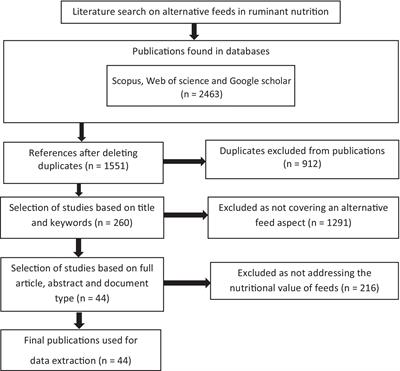
ORIGINAL RESEARCH
Published on 26 Mar 2024
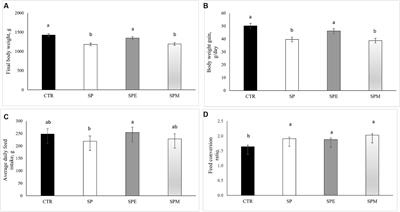
ORIGINAL RESEARCH
Published on 06 Mar 2024
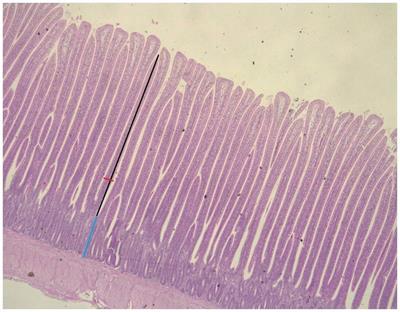
ORIGINAL RESEARCH
Published on 01 Feb 2024
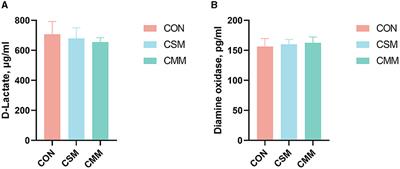
ORIGINAL RESEARCH
Published on 11 Jan 2024
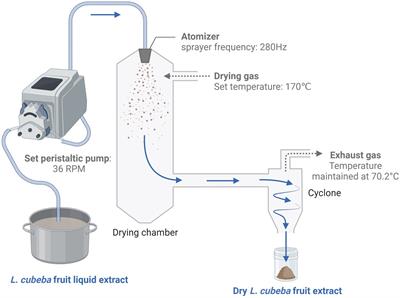
ORIGINAL RESEARCH
Published on 30 Nov 2023
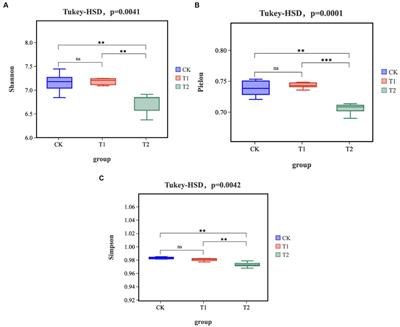
ORIGINAL RESEARCH
Published on 06 Nov 2023
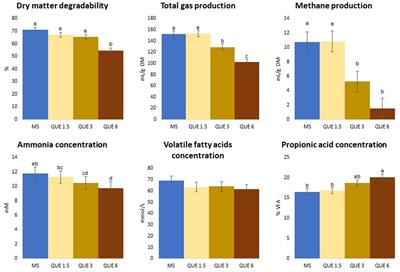
ORIGINAL RESEARCH
Published on 13 Oct 2023
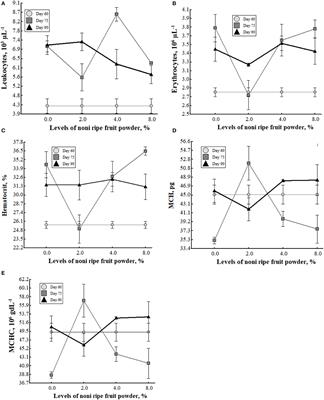
ORIGINAL RESEARCH
Published on 10 Oct 2023
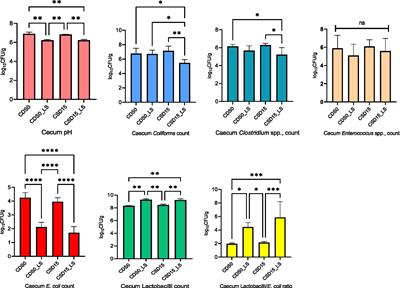
ORIGINAL RESEARCH
Published on 06 Oct 2023
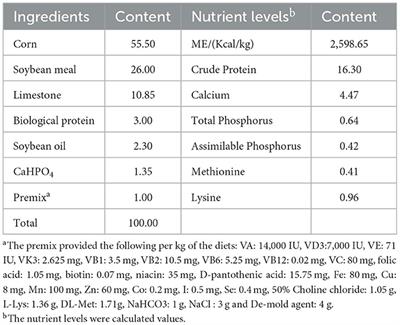
ORIGINAL RESEARCH
Published on 12 Sep 2023
